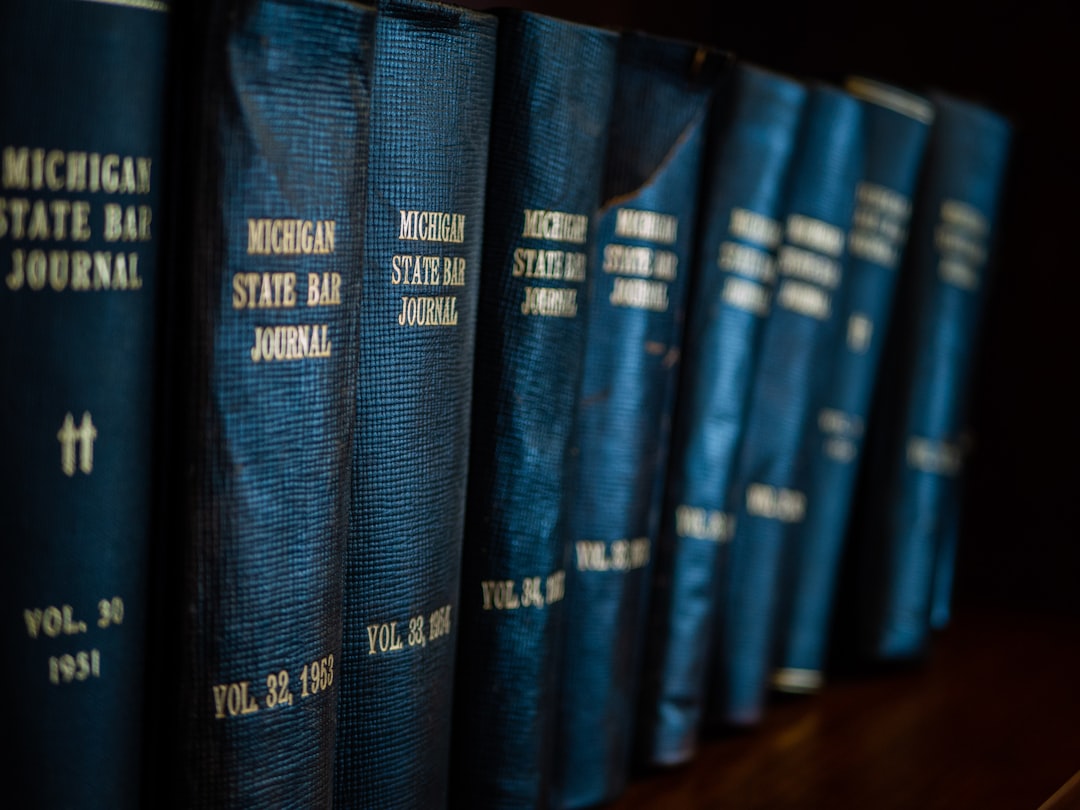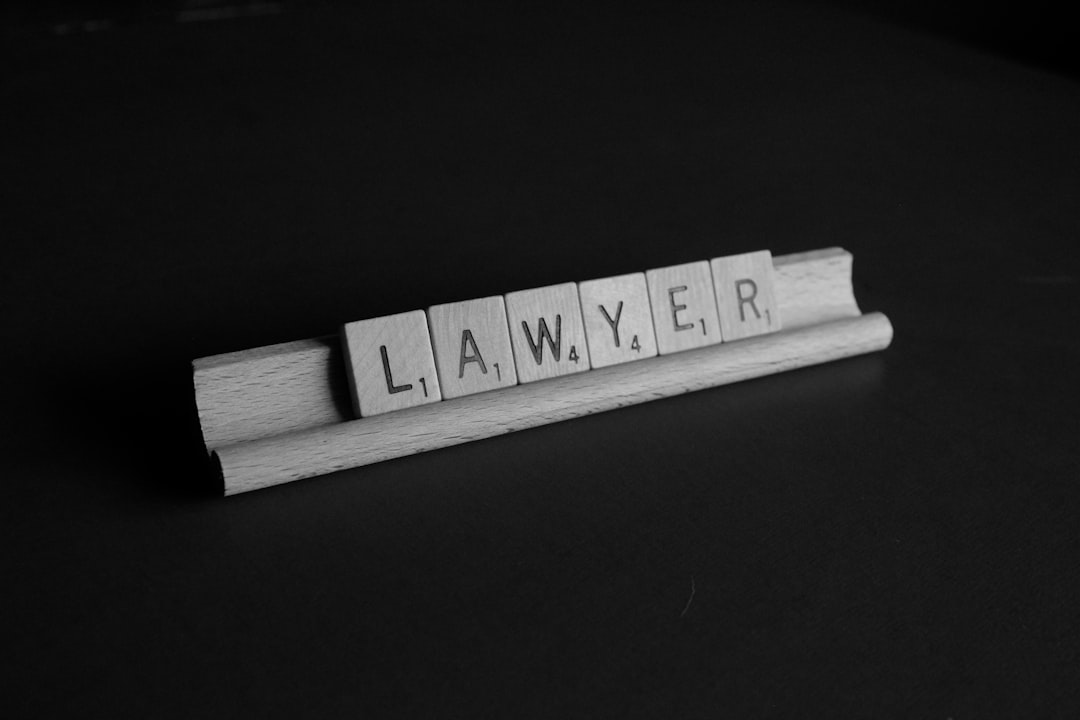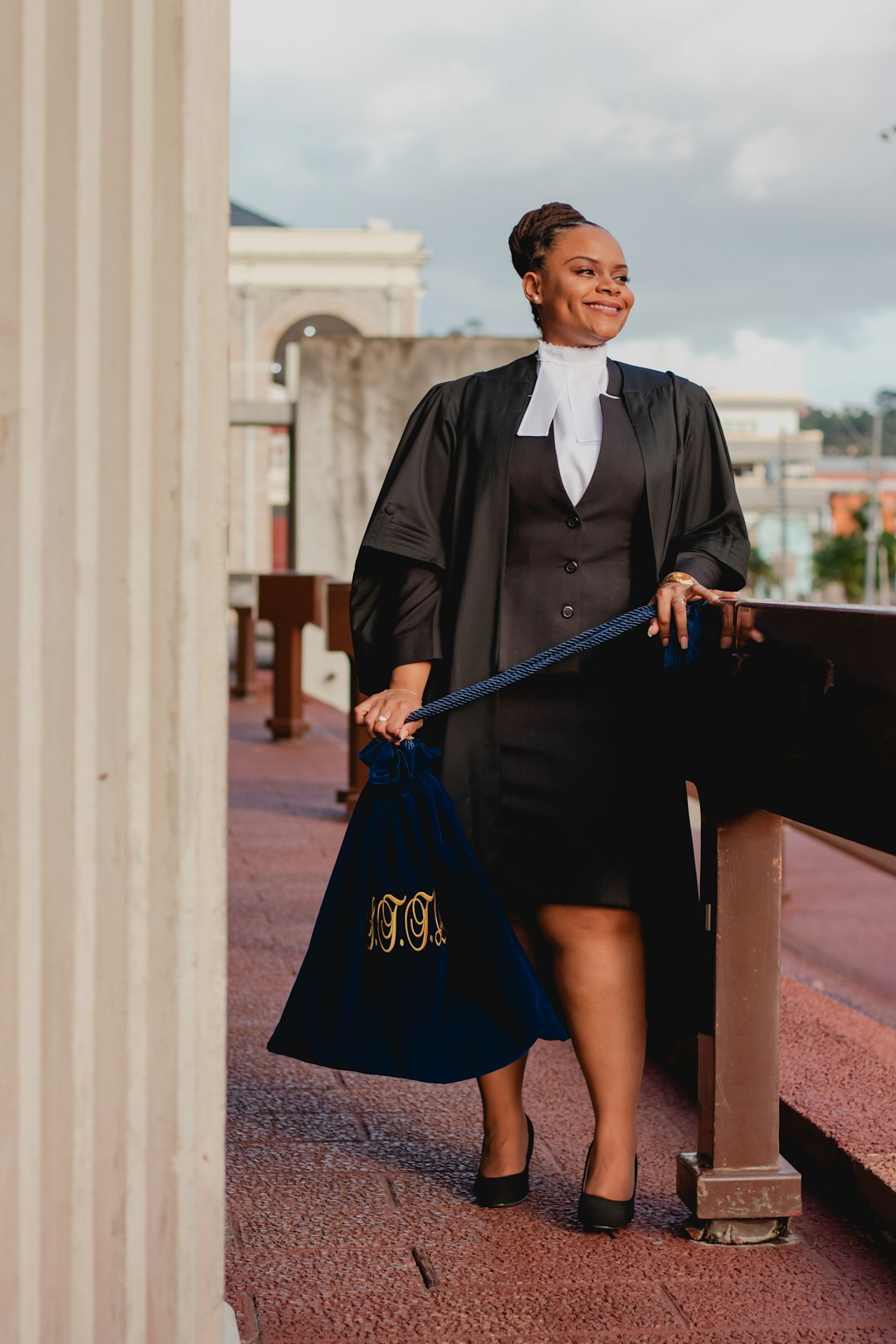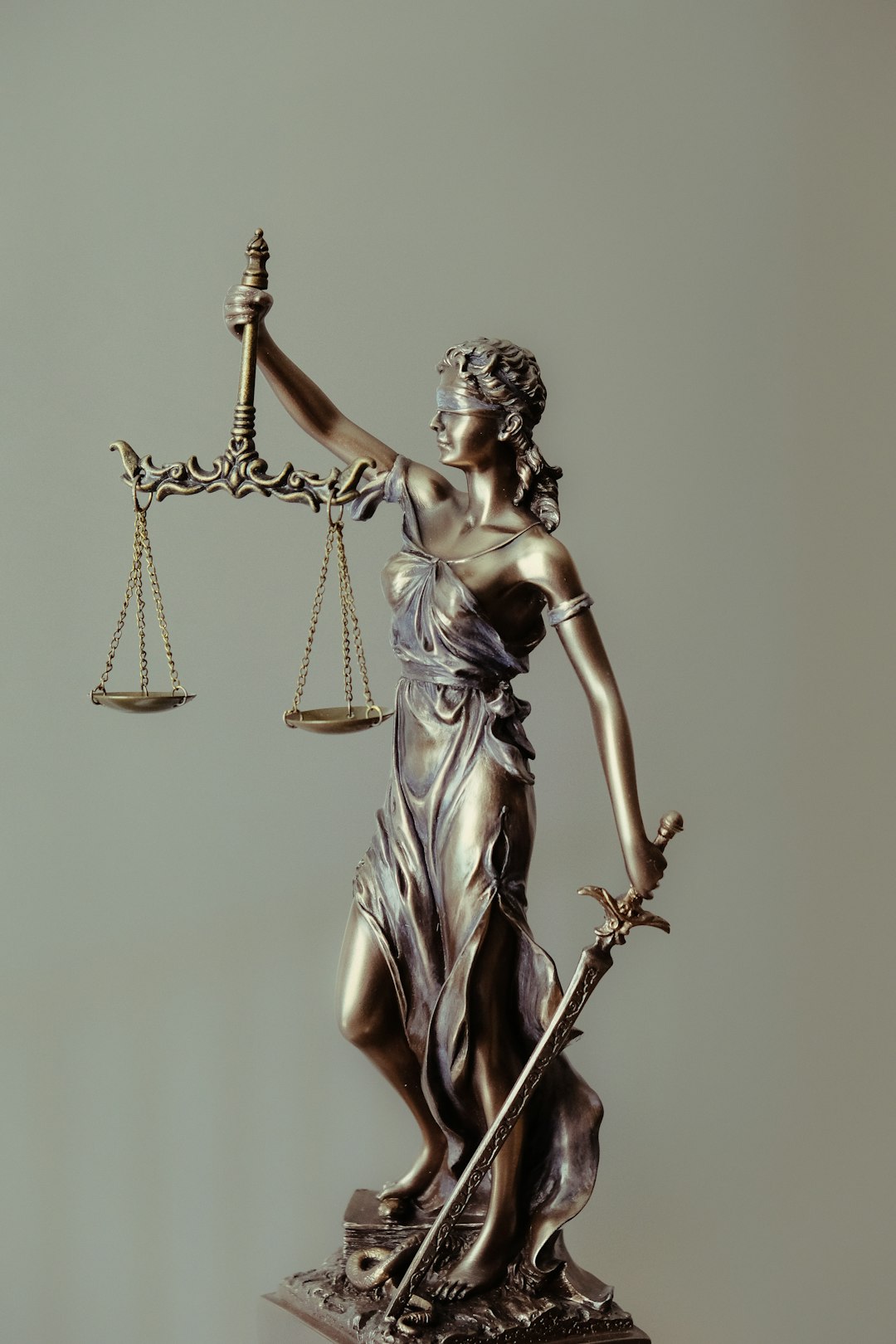Victims of sexual abuse in Georgia schools and their families need experienced school abuse lawyers to navigate complex legal arguments against institutions that may deny liability through various defenses like disputing knowledge, limiting 'student' definitions, and claiming protocol adherence. Early consultation ensures rights protection and strategic countering of common school defenses.
In Sandy Springs, Georgia, sexual abuse lawsuits against schools have become a pressing concern. This article delves into the common defenses employed by institutions facing such allegations, offering critical insights for families navigating legal protections in school abuse litigation. We explore understanding legal defenses under Georgia law and specific arguments advanced by schools. Additionally, we provide strategies for victims’ advocates, emphasizing the importance of skilled school abuse lawyers in Georgia to ensure justice.
Understanding Legal Defenses in Georgia School Abuse Cases

In cases of sexual abuse within schools, understanding the legal defenses employed by institutions is crucial for victims and their families seeking justice. Georgia law provides specific guidelines regarding school liability, offering a range of potential arguments to defend against allegations. One common defense is the assertion that the school lacked actual knowledge or reason to believe that an abusive situation existed. This often involves questioning the timing of disclosures and the credibility of accusations.
Another strategic move is challenging the definition of “student” and its implications for liability. Schools may argue that certain individuals, perhaps due to age or enrollment status, do not fall under their legal responsibility. Additionally, they might attempt to shift blame towards third parties or claim that proper protocols were followed, including reporting and investigation procedures, as a means to mitigate their perceived fault in the incident(s). Engaging with experienced school abuse lawyers in Georgia is essential for navigating these complex defenses and ensuring victims’ rights are protected throughout the legal process.
Common Arguments from Schools Facing Sexual Misconduct Suits
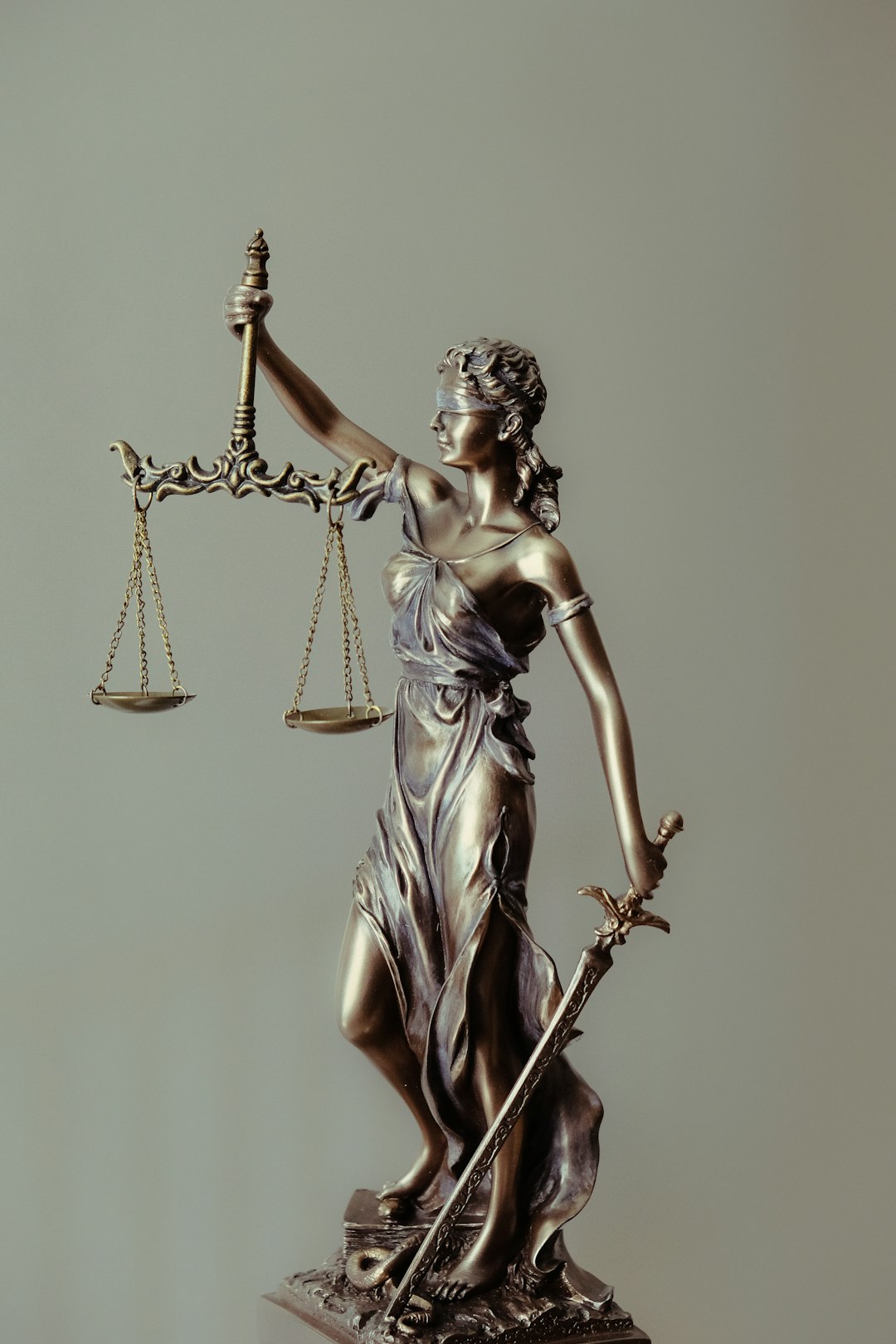
When faced with sexual misconduct lawsuits, schools in Sandy Springs, Georgia, often employ several common defensive strategies. One frequent argument is the assertion that the accused individual was not an employee or volunteer at the time of the alleged incident(s), aiming to avoid liability by questioning their official capacity within the institution. Another defense focuses on the lack of direct evidence linking the school to the misconduct, claiming that proper protocols and training were in place, and any failure to prevent the abuse was due to external factors or individual decisions rather than systemic issues.
Schools may also argue that they had no reason to suspect or anticipate the perpetrator’s behavior, citing their reputation and previous conduct as proof of good standing within the community. Additionally, they might contend that the plaintiff’s claims are exaggerated or fabricated, attempting to discredit the victim’s testimony and any supporting evidence presented by school abuse lawyers in Georgia. These defenses reflect a broader trend among educational institutions to shift responsibility and minimize their role in such tragedies, making it crucial for victims to seek experienced legal counsel specializing in school abuse cases.
Strategies for Families: Navigating Legal Protections in School Abuse Litigation

When a family faces sexual abuse allegations against a school in Sandy Springs, Georgia, it’s crucial to understand their legal protections and options. The first step is to gather evidence and consult with experienced school abuse lawyers who specialize in such cases. These attorneys can guide parents on navigating complex legal procedures, ensuring their rights are upheld throughout the process.
They can help families understand the school’s common defenses, which might include claims of procedural errors, lack of direct evidence, or even allegations of false reporting. With strategic planning and strong representation, families can protect their interests and seek justice for the harm caused by school-related sexual abuse.
